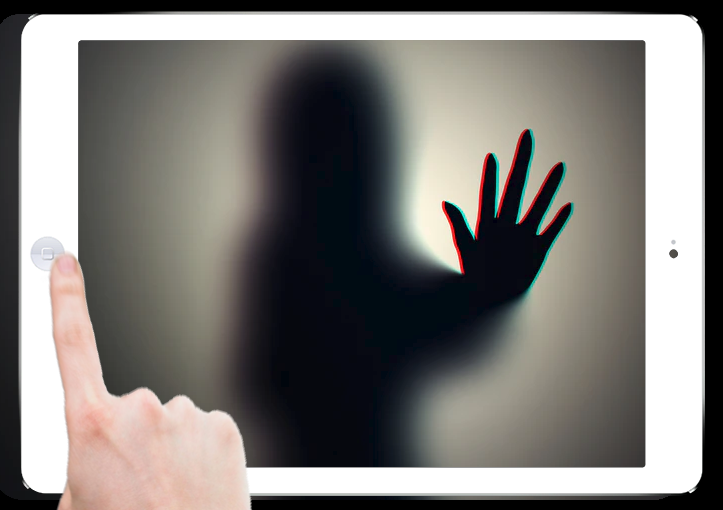Screen-people appear, choppy two-dimensional LCD images cast digitally by distant people I cannot see. Yet I call it seeing. I talk to the screen-people, who, for all the sophistication that brings them to me, are no more real than the shadows in Plato’s cave. The screen-people talk back. Sometimes they talk to each other. Once I even enjoyed a festive dinner in the company of some screen-people (though an observer has claimed that I dined with only my iPad).
Category: Probably Right
What Exactly Am I Doing?
I’m often asked what exactly I’m working on here. Though the “exactly” part makes it hard to answer, I’m getting closer. It’s an approach based on the assumption that there are deep similarities among complex systems in spite of the superficial differences among them — and, moreover, that we can learn about one system from…
Plato’s Cave Shadows Are Everything (But Not Really, Of Course)
At its core, Plato’s Allegory of the Cave presents people who see only part of reality, and mistake that part for the entirety of reality. What they see are shadows of objects. Because they cannot see the objects, they think the world consists only of shadows. The shadows are real. Nothing else is. All of…
The Important Difference Between True and Real
Lots of things are true but not real. For example, if a village has 100 families with 150 children, there are one and a half children per family. That’s true. But that doesn’t mean that there’s such a thing as a half child. Unfortunately, especially when it comes to physics, many people don’t appreciate the…


